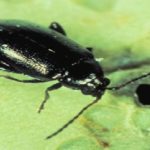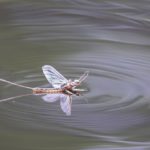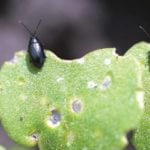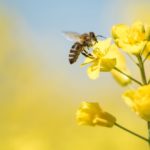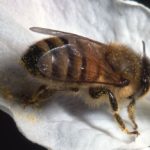Reaction from farmers was swift to last week’s announcement by the Pest Management Regulatory Agency (PMRA) that it plans to phase out most uses of neonicotinoids in Canada over the next three to five years. Shock, confusion and anger pretty much sum it up. Some said that if this relatively new class of products is





